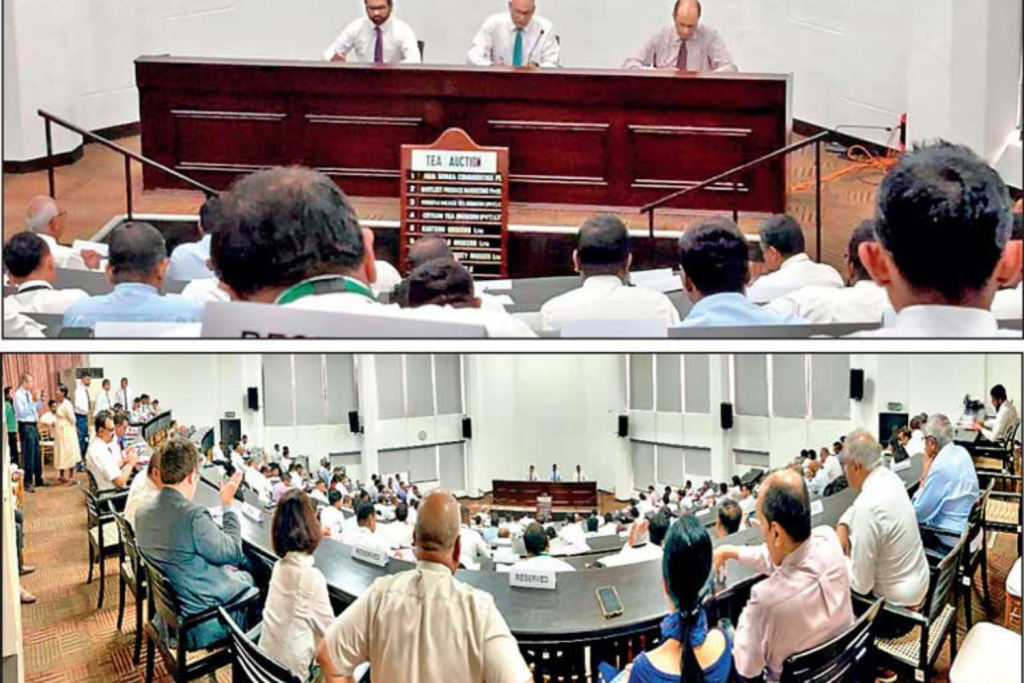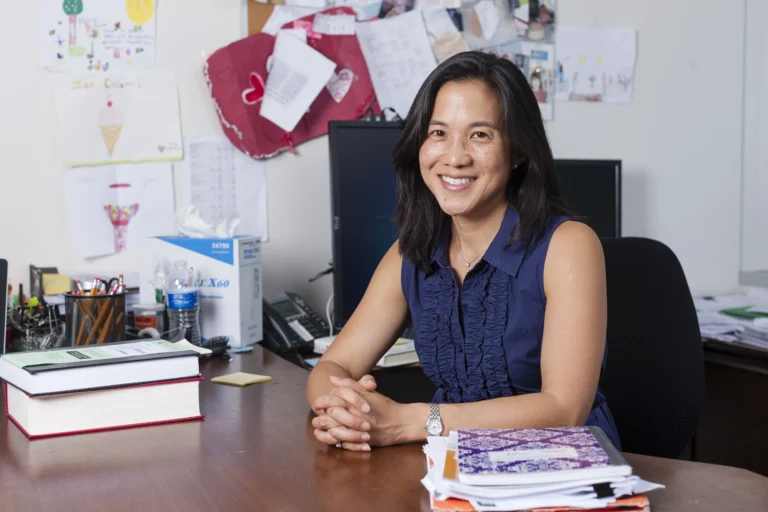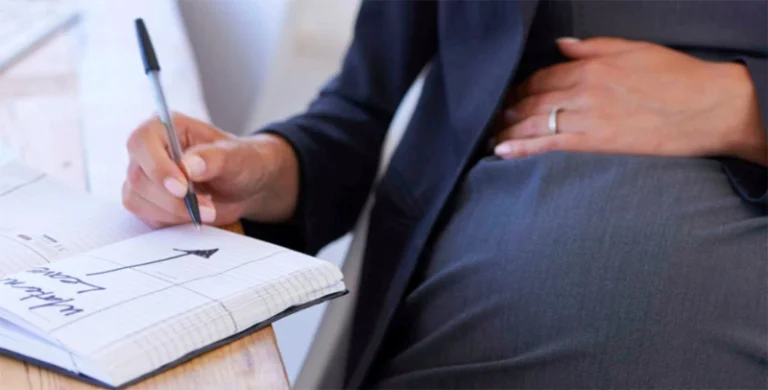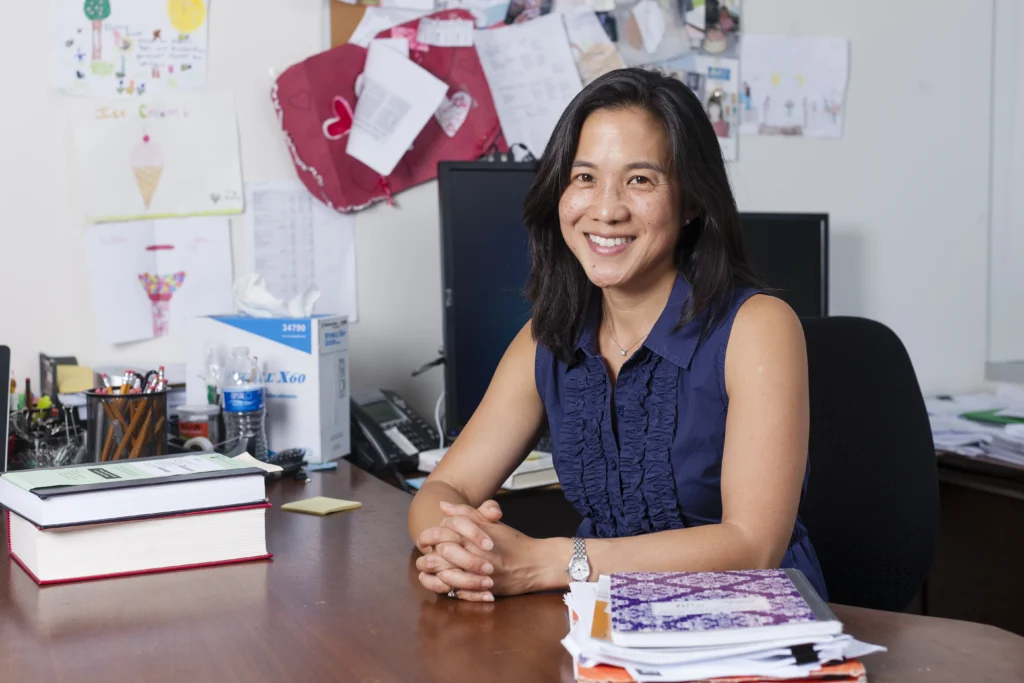After a four-year hiatus due to the global pandemic, the Colombo Tea Auction has made a significant return to its traditional venue at the Ceylon Chamber of Commerce. This event marks a pivotal moment in the history of Sri Lanka’s tea industry, blending centuries-old traditions with the advances of modern technology.
A Historical Perspective
The Colombo Tea Auction, an institution in itself, has been a cornerstone of Sri Lanka’s economy for over a century. Established to regulate and promote the sale of Ceylon tea, the auction has long been a barometer for the health and trends of the global tea market. Historically, it has served as a bustling, dynamic arena where buyers and sellers converge to set the pace of tea trading worldwide.
Impact of the Pandemic
Like many other industries, the tea auction was not immune to the disruptions caused by COVID-19. In response to health guidelines and lockdowns, the auction moved to a digital format in 2020. This transition was not just a temporary shift but a transformative move that introduced a new era of digital trading to the age-old tea auctioning process.
The Return to the Chamber
The return to the Ceylon Chamber of Commerce is a celebratory revival of the traditional outcry auction system. This method, where auctioneers and buyers interact in real-time, adds a human element that was missed in digital transactions. The first auction upon returning to the chamber saw an enthusiastic participation, selling nearly a million kilos of tea across hundreds of lots, signaling strong market demand and a robust return to form.
Digital Integration
While the return to traditional methods is celebrated, the digital innovations adopted during the pandemic are here to stay. The auction now operates with a hybrid model, utilizing both the outcry and electronic systems. This dual approach ensures that the benefits of digital efficiency and global accessibility are retained, enhancing the auction’s reach and operational effectiveness.
Economic and Cultural Significance

The tea auction is more than just a market mechanism; it is a cultural heritage that showcases Sri Lanka‘s rich history in tea production. Ceylon tea, renowned globally for its quality, is a key export product and a major contributor to the nation’s economy. The auction’s operations influence pricing, trends, and the economic well-being of thousands involved in the tea industry, from plantation workers to exporters.
Looking to the Future
The successful integration of traditional and modern practices at the Colombo Tea Auction is a forward-looking model for other sectors of the economy. It demonstrates the potential for traditional industries to adapt to modern challenges while retaining their cultural essence. As the auction continues to evolve, it will undoubtedly play a crucial role in shaping the future of the tea industry both locally and globally.
Conclusion
The return of the Colombo Tea Auction to the Ceylon Chamber of Commerce is a testament to the resilience and enduring spirit of the tea industry in Sri Lanka. It underscores a commitment to preserving heritage while embracing innovation, ensuring that Ceylon tea remains a cherished commodity on the world stage. As stakeholders look ahead, the blend of tradition and technology at the auction promises a vibrant future for this historic trade.
This momentous occasion not only revitalizes a key economic activity but also rekindles a sense of pride and tradition that is central to Sri Lanka’s identity and economic prosperity.













